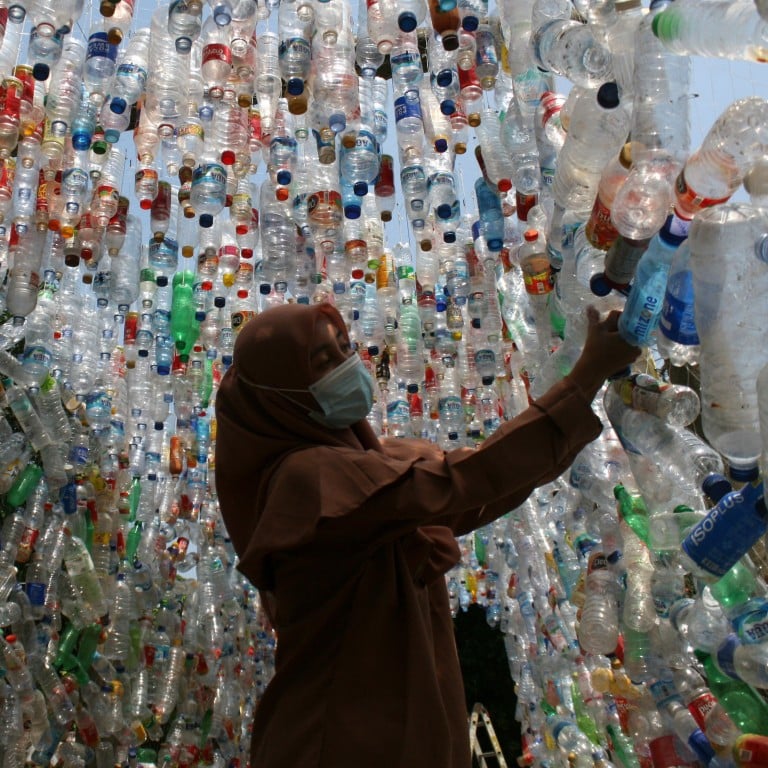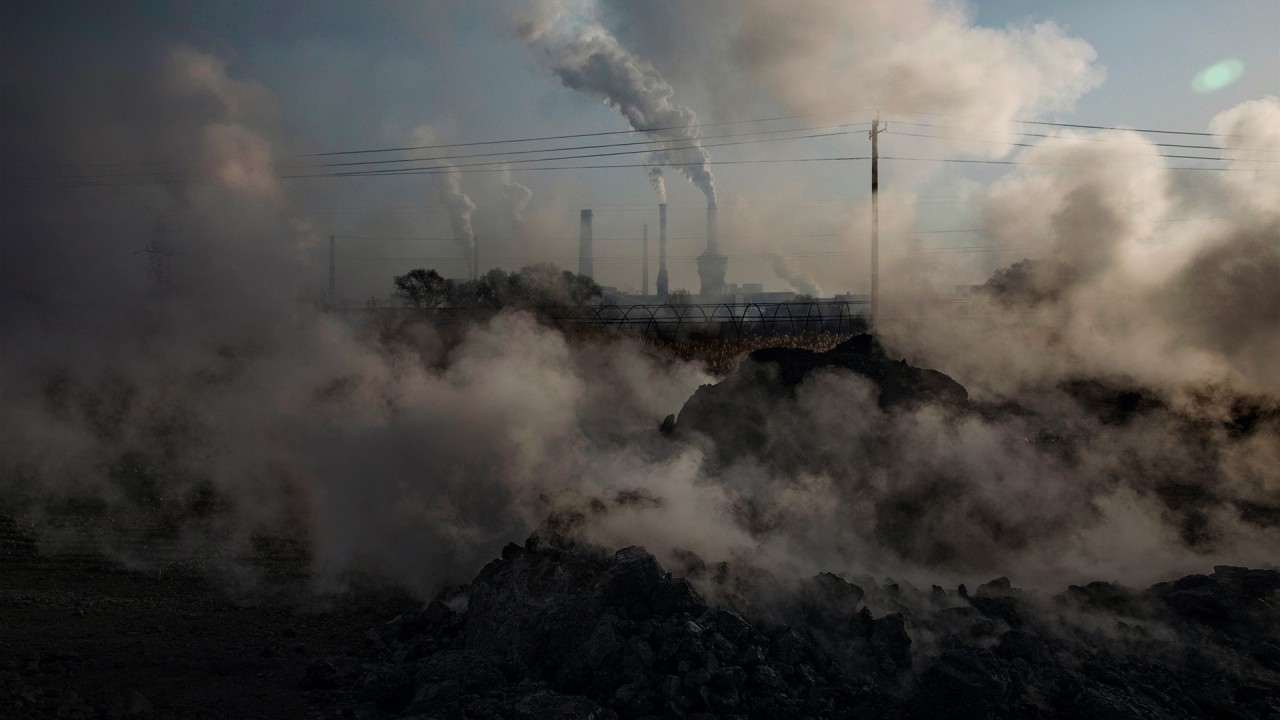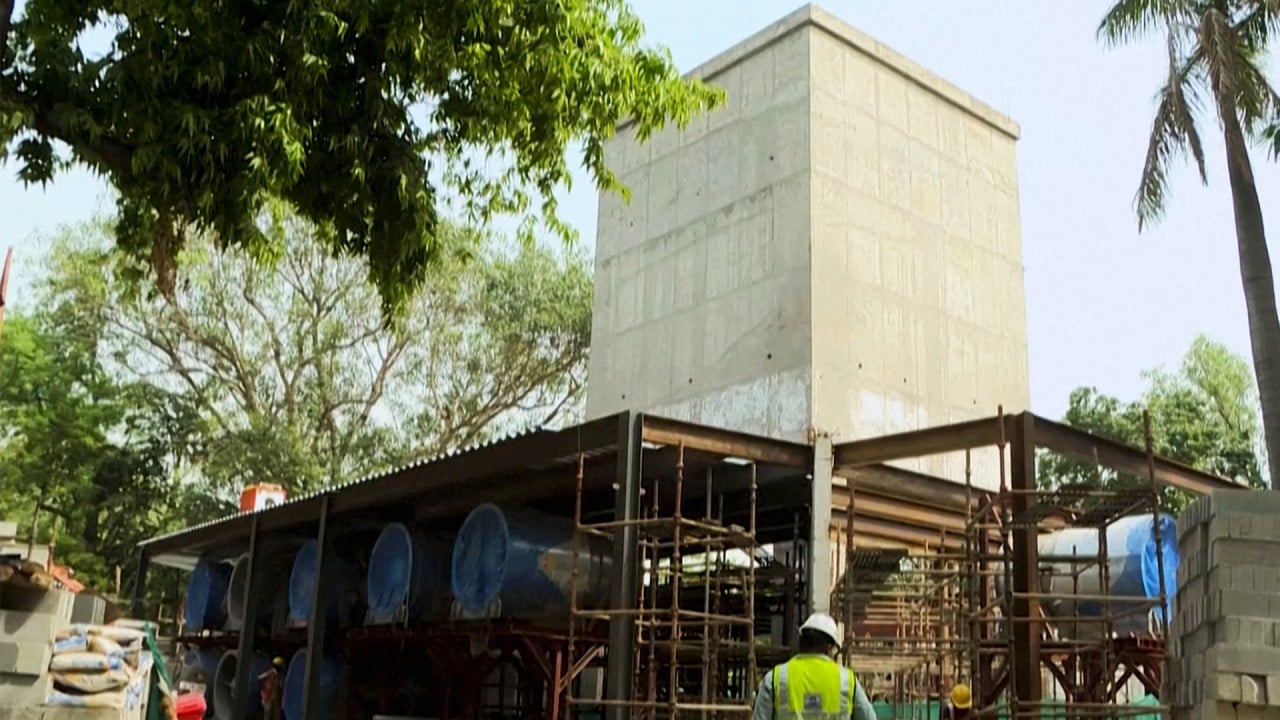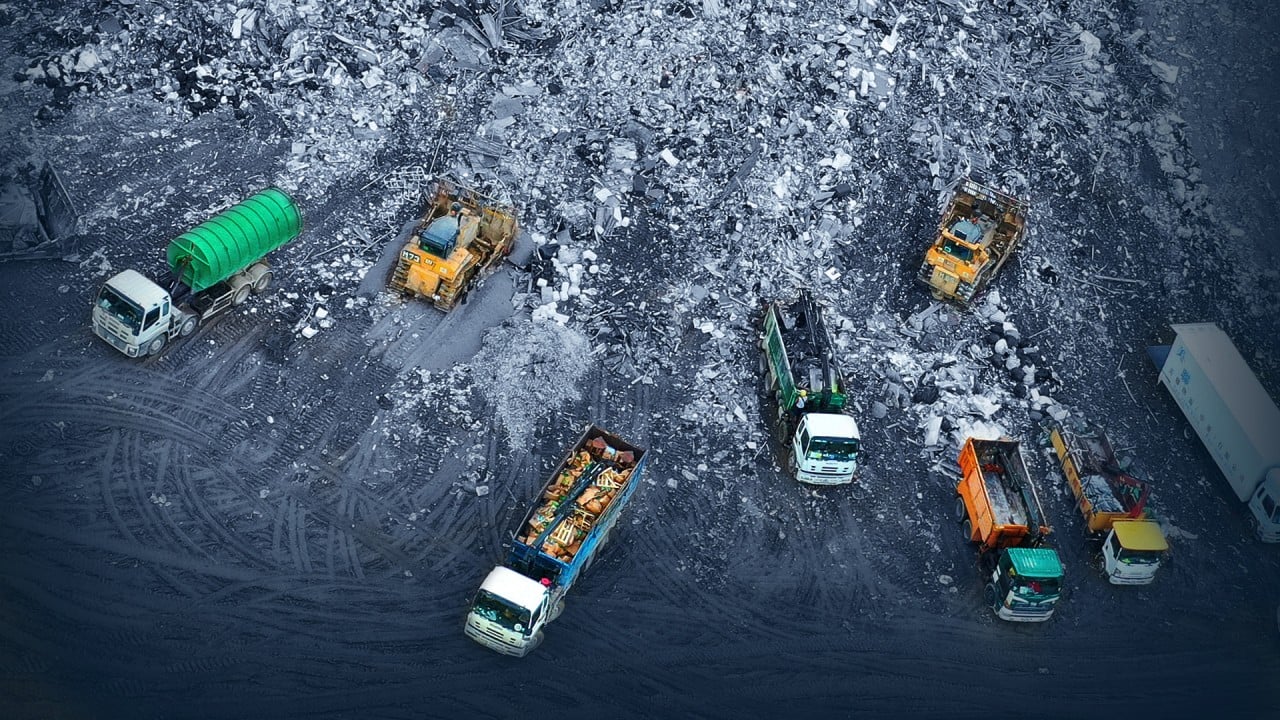
Focus on what we discard and how we deal with our waste, not global warming
- The world is getting warmer and there is not much we can do about it except accept, adjust and adapt
- Investment in cleaning the effluent from burning fuel, reusing waste heat and regulating domestic waste disposal will lead to sustainable environmental advances
In the long, hot European summer of 1976, I took part as a geologist on a research project on the Norwegian ice cap. The Little Ice Age, from the early 14th century to the mid-19th century, caused the ice cap to surge, sending out glaciers which destroyed homes and farms. The glacial retreat could be precisely dated using lichen growth and other botanical indicators.
It took about 20 minutes of climbing to reach the glacier’s snout – when I returned, eight years later, it took an hour. Now, that moving block of ice barely exists.
We live on a dynamic planet, with an iron core and molten subsurface, which exists in a steady state; observe the one-thriving city of Pompeii. The Earth just needs to wobble a little on its axis for weather and climate to change. Over a single lifetime, the seasons seem stable enough, and our two or three centuries of scientific records capture very short-term changes.
Ice coring, carbon dating, dendrochronology, palaeontology and geochemistry all provide evidence for temperature changes over time. A recent US National Oceanic and Atmospheric Administration study shows we are technically still in an “ice age”.
Weather changes occur with humans sharing a planet in flux. The world is getting warmer and there is not much we can do about it except accept it, adjust and adapt, as our ancestors have done for a few hundred thousand years.
The excuse that “you polluted and now it’s our turn” is like playing Russian roulette with five cylinders loaded.
This column is not about what governments should do – they should listen to me, but they won’t. It is about the investment response to the climate debate. Three aspects stand out. The first is the reduction of airborne particulates caused principally by burning fossil fuels.
Banning them will not help humanity adjust and adapt, so we are likely to be living with them for another century. What is more important is researching how to clean the effluent from the burning of fuel before it reaches the air and sea – much of which is already technologically possible, just not required by regulation.
Indeed, much of the renewable power is turned into heat, which escapes into the atmosphere. Insulation, glazing and cladding, and other forms of heat extraction are going to have an important investment future. A household boiler is 100 per cent more efficient today than one 20 years old, because it removes the heat lost from the fuel burn.
The final sector that governments will be forced to better regulate is waste disposal close to home. Investor dollars will be going into reprocessing waste: “Where there’s muck, there’s brass,” as the saying goes.
Regulation is an easy hit for governments that have no money. It moves the onus from “the polluter pays” to “the consumer pays”, as the consumer has no choice but to pay this hidden tax.
How markets are going the wrong way to save the planet
Talk of becoming carbon neutral by 2050, 2060 or 2070 is a waste of hot air and simply greenwash by governments happy to pass these problems onto their grandchildren because they won’t be around.
However, investors can benefit now by figuring out what can truly be done in the short term. Directing investment into focused sectors such as the three above will lead to sustainable and measurable environmental advances over the next 20 years.
Richard Harris is chief executive of Port Shelter Investment and is a veteran investment manager, banker, writer and broadcaster, and financial expert witness




